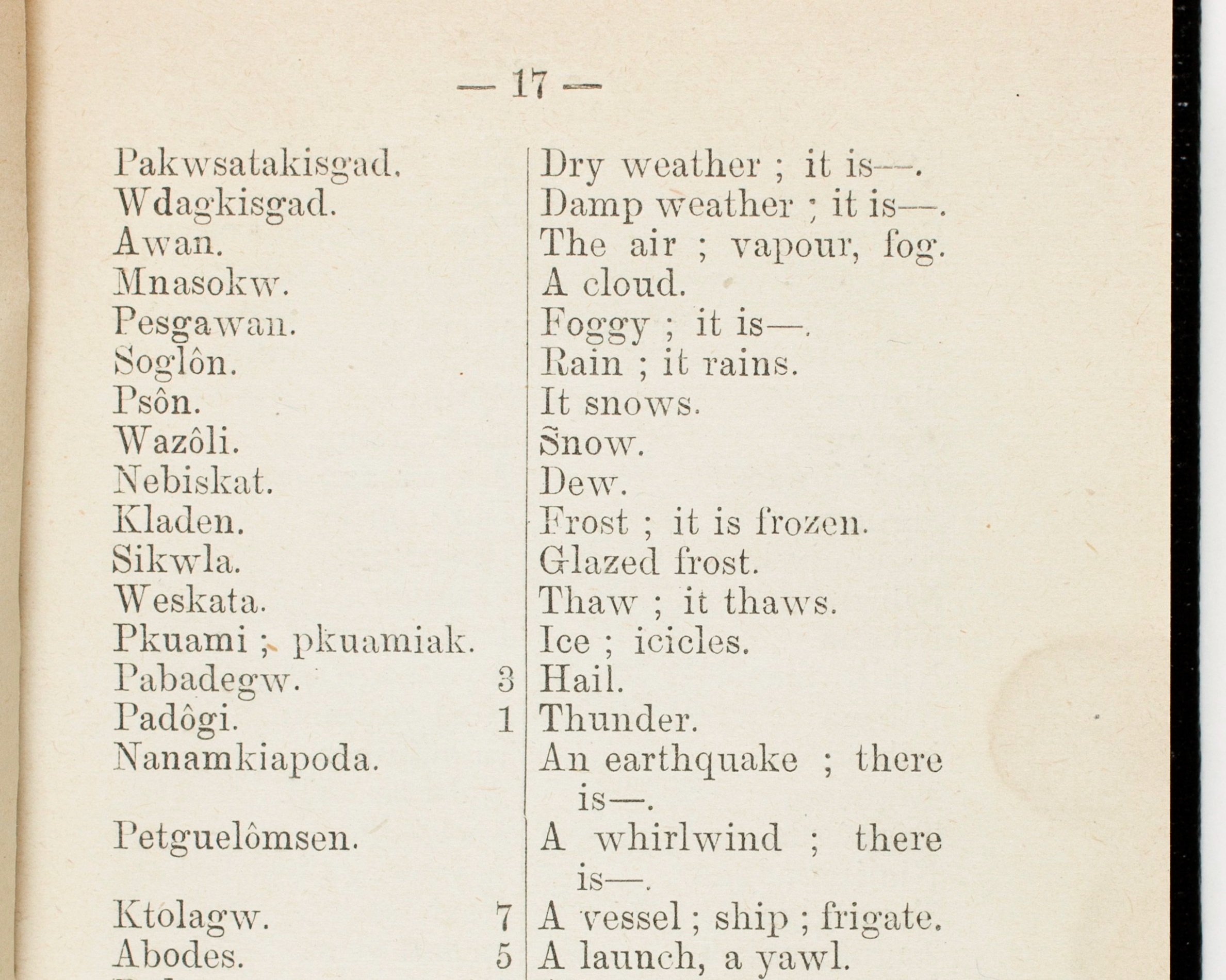This talk will discuss query lists with which U.S. ethnographers sought to solicit and organize information about Indigenous languages and history in the nineteenth century. Taking as its focus the 1826 query lists that Albert Gallatin sent to the Cherokee lawyer John Ridge and the query lists and instructions that Bureau of American Ethnology head John Wesley Powell prepared for collecting Indigenous language words in the 1870s, this talk asks how these ethnographers hoped to use the form of the list and the materiality of paper to secure the form and content of collected information. I examine as well some of the returns to these queries, which both accede to and extend outside the query form (including to a scene of animal dissection). This talk draws on both the history of science and Native American and Indigenous Studies methodologies to consider the historical and long lasting effects of query lists and collecting.
Kelly Wisecup is a literary and cultural historian whose work brings together early American studies, Native American and Indigenous Studies, and histories of books and archives. Across several books and digital projects, her research seeks to understand the many avenues through which Indigenous peoples—published authors and otherwise—created, interacted with, used, and read books, manuscripts, newspapers, and other texts. Her recent scholarship traces relationships between 18-19th -century Indigenous literatures and colonial archives, examining how Indigenous communities made compilations, intentionally-assembled texts like recipes, scrapbooks, and lists, and how the travels of those texts into colonial archives constituted acts of anti-colonial criticism.
The Instructing Colonial Natural History Seminar Series is organised by the Instructing Natural History Research Group, Uppsala University
To register for the Zoom link, please email instructingnaturalhistory@uu.se

